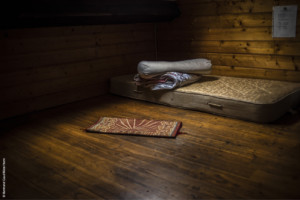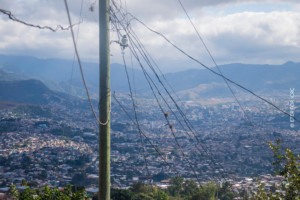Published on March 5, 2021
Ten years after the start of the war in Syria, 6.6 million people have been displaced by the fighting and violence tearing the country apart. One and a half million of them have found refuge in the Idlib region, the last enclave held by the rebels, which is overcrowded and regularly bombed. The multimedia documentary No Way Out, produced by Médecins Sans Frontières, retraces the exile of a few of them and the extreme violence they were victims or witnesses of. Based on ten testimonies of displaced Syrian men and women collected in Idlib, as well as on archive footage from Syrian photographers and journalists, the documentary presents the conflict in Syria through the faces and words of those who lived through it, collects their stories and bears witness to the limitless violence they have experienced over the past ten years.
To discover the documentary in English, click here.
A multimedia documentary produced by Médecins Sans Frontières and directed by Abdulmonam Eassa, Mohammad Ghannam and Agnès Varraine-Leca thanks to the photographic work of Ameer al-Halbi, Baraa al-Halabi, Sameer al Doumy, Mohamad Abazeed, Tarek Baderkhan and Thaer Mohammed, as well as recent images by Abdul Majeed Al Qareh and Omar Hajj Khaddour.
You can also find the photo essay by Abdulmonam Eassa “In the closed door of Eastern Ghouta” in issue 12 of Humanitarian Alternatives.
Photo (top): An inhabitant of the Jobar district carries a water can on his bicycle through the destroyed buildings, Damascus, March 2016. © Sameer al Doumy



